
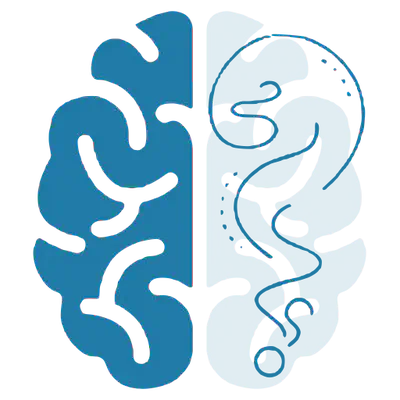
Making sense of the world
Information about space from time
Natural odours form temporally complex plumes that are characterised by rapid fluctuations in odour concentration. The complex temporal dynamics of odour plumes carry spatial information about the odour landscape. They may form a vital sensory component for animals navigating an environment, particularly for nocturnal animals such as mice or rats. The sense of smell is thus being increasingly acknowledged to be a high-bandwidth modality that has access to the complex temporal structure of natural odour plumes, creating a paradigm-shift in olfactory sensory neuroscience.

For further reading, please take a look at: Ackels et al., 2021; Marin et al., 2021; Ackels, 2022
The PI
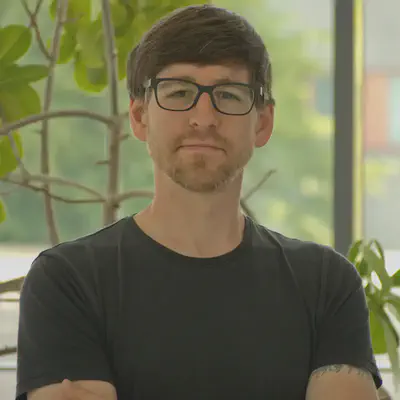 Prof. Dr. Tobias AckelsUniversity of Bonn, IEECR | Tobias was born in Germany and has just started to set up his laboratory as a group leader at the Institute for Experimental Epileptology and Cognition Research (IEECR) as part of the University of Bonn Medical Center. He was awarded an ERC Starting Grant for his project “TempCOdE: Temporally complex odor information encoding”. Tobias did his postdoc at the Francis Crick Institute in London. He received his Diploma in Biology from RWTH Aachen University, where he also completed his PhD studies in 2015 in the Department of Chemosensation. His doctoral research mainly focused on signalling mechanisms in the olfactory system. Supported by a postdoctoral fellowship from the DFG, he moved to the laboratory of Prof. Andreas Schaefer at the Francis Crick Institute, invigorating his interest in the investigation of how natural sensory stimuli are perceived and processed in the mammalian brain. His laboratory investigates these mechanisms on the cellular and network level using physiological and behavioral techniques. |
Support
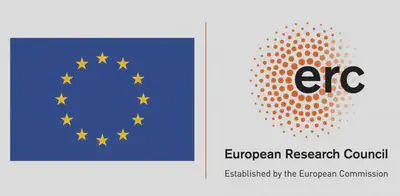 |  | 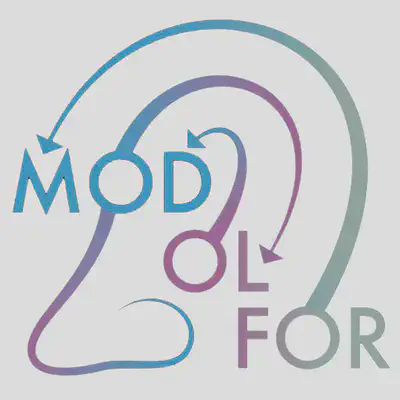 | 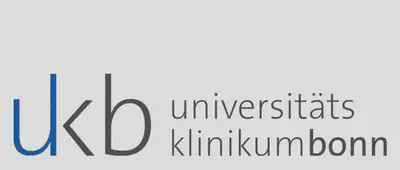 | 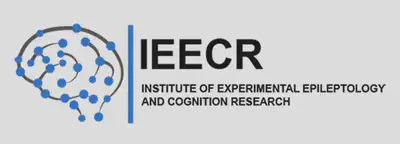 |  | 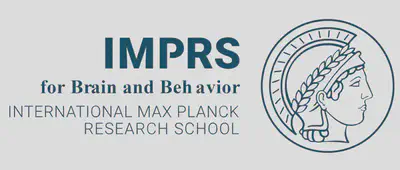 |